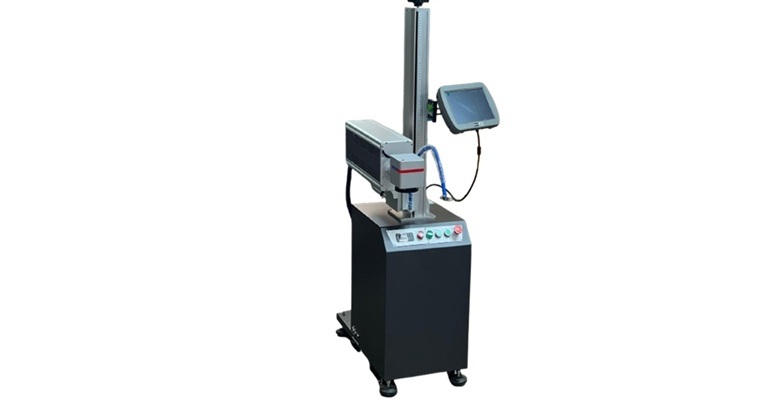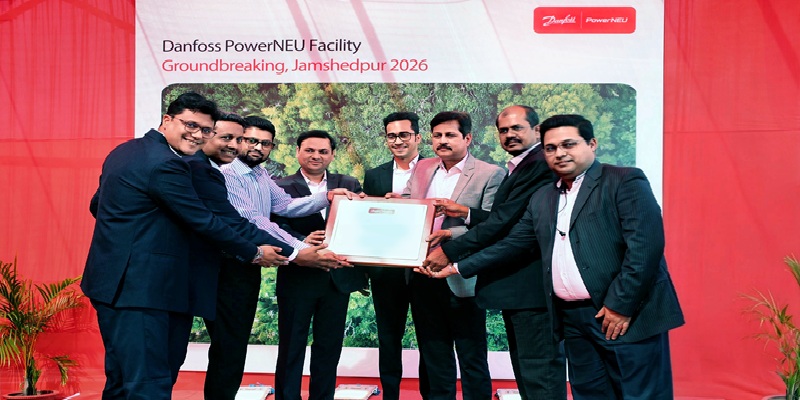Schedule a Call Back
Godrej Tooling increases 10% investment YoY on R&D focusing EVs
 Interviews
Interviews- Jan 30,23
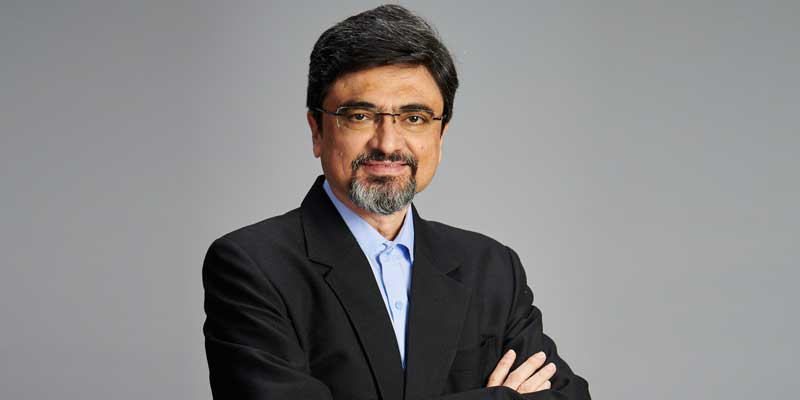
A business vertical of Godrej & Boyce Mfg Co Ltd that supplies high-precision tooling and components to industries like defence, railways, automotive, etc - is expanding its capabilities in 3D printing and other latest manufacturing technologies. In this interview with Rakesh Rao, Pankaj Abhyankar, Senior Vice President and Business Head, Godrej Tooling, explains new opportunities for component makers in automotives, especially in electric vehicles, and how his company is supporting the growth of this industry.
Kindly give us an overview of Godrej Tooling business.
Godrej Tooling is one of the top suppliers of high-precision tooling and components to the defence, railway and automotive and other industries. The automotive, Indian Railways, metro railways, and ordinance factories sectors are some of the major contributors to our company's growth. In line with the Indian government’s idea of stricter emission norms and the push for Electric Vehicles (EV), the business has increased its investment by 10 per cent year-on-year on research and development towards its portfolio of tools and dies with a focus on the EV industry.
We have recently expanded our capabilities into 3D printing and additive manufacturing to develop high-precision dies for components with complex geometry to meet higher functional standards in EVs. With the help of newer technologies like 3D Printing, Artificial Intelligence (AI), Machine Intelligence (MI), and additive manufacturing, we are hoping to cover all bases in simulation, production, and design assembly of components for electric mobility.
How is Godrej Tooling serving the auto component industry?
The automotive industry is a key consumer of tools, and it consumes over 60 per cent of the tool production in the country. We have expertise in industrial machines, die casting dies, and complex and large-sheet metal tooling for structural parts and panels.
Godrej Tooling has invested significantly in infrastructure, capability and technology and continues to do so to maintain its position as a leading commercial toolroom for the auto industry for two-wheelers and passenger vehicles.
In passenger vehicles and two-wheelers, our business specialises in aluminium die casting dies for the power train components for cars, SUVs, scooters as well as motorcycles, and the sheet metal dies for side panels of cars, SUVs, scooters and fenders, and fuel tanks for motorcycles. With a team of 500 people, including 50 designers and 350 trained associates supported by 39 computer numerical control (CNC) machines and 140 conventional machines, we are a systems-driven organisation, eager to learn and experiment keeping abreast of the latest technology platforms, software, and manufacturing processes.
What does the auto component landscape look like at present?
The auto component landscape has changed significantly in recent years. In response to the shift towards electric and autonomous vehicles, many auto component manufacturers have had to adapt their offerings to meet the changing demands of the market. This has included the development of new technologies such as electric motors, batteries, and sensors, as well as the adaptation of existing components to be used in these new vehicles. Additionally, carmakers have been increasingly relying on third-party suppliers to provide components, as well as utilising digital platforms to find suppliers and quickly get components to market. In response to this shift, traditional auto component manufacturers have had to become more agile and innovative to remain competitive.
The automotive industry will similarly undergo a transition brought about by digitisation, rising automation, and new business models. Mass mobility, autonomous driving, electrification, and connected vehicles are four disruptive technology-driven developments that are emerging in the automotive industry. As an integral part of our digitalisation program, we have identified and implemented several initiatives to automate and digitalise processes to gain advantages in productivity and reduce human intervention and hence possible errors. An example of this is the smart die that we developed indigenously to eliminate constant customer challenges on actionable MIS—Management Information System, on die performance and part quality.
What steps are being taken by the Indian government to discourage imports of tools by auto component makers? How are these steps boosting indigenous manufacturing in India’s tool rooms?
The government is encouraging indigenous tooling technologies through several initiatives such as the 'Make in India' program and is providing incentives to domestic tool manufacturers in the form of lower taxes and easier access to finance. The Production Linked Incentives (PLI) for electronics and advanced chemical cells will help the automotive sector directly as well as indirectly. These measures will contribute to the development of a thriving and competitive local manufacturing sector for cutting-edge and environmentally friendly technologies on a worldwide scale. Additionally, the advantages will spread across the entire supply chain. With increased mobility, demand for public and private transportation is projected to strengthen. Future market development in the coming year is expected to be fuelled by new trends such as vehicle electrification, particularly for three-wheelers and small passenger automobiles.
How will an increase in sales of electric vehicles impact component makers and suppliers/vendors to component makers?
An increase in sales of electric vehicles will have a positive impact on the demand for components thereby creating opportunities for component makers and suppliers or vendors to component makers. This will likely result in an increase in sales and profits, as well as an overall boost in their competitiveness. Additionally, as production increases, component makers may be able to reduce costs and improve efficiency. Increased demand can also open up opportunities for innovation, as component makers may be able to create new products and services to meet the needs of the electric vehicle market.
How is Godrej Tooling supporting the developments in the electric vehicles (EVs) industry?
The development of new engines, battery boxes, and highly precise sheet metal parts has become necessary as the automobile industry quickly shifts gears toward the adoption of EVs in India. Godrej Tooling has made a head start by creating innovative dies to address the growing need for modifying and replacing automotive components in electrical vehicles. As mentioned earlier, we have increased our investment by 10per cent year-on-year on R&D towards its portfolio of tools and dies with a focus on the EV industry. To meet the demand for modification and replacement of automobile components in modern EVs, Godrej Tooling is developing advanced dies.
How will the requirements of tools and dies be different in EVs compared with ICE-driven vehicles?
The requirements of tools and dies for EVs will be different from those for ICE-driven vehicles due to the differences in the manufacturing processes used to produce the components for the two types of vehicles. For example, due to the higher voltages used in EVs, special tools and dies may be needed to accommodate higher electrical components. Additionally, the use of lighter materials in EVs will require different cutting tools and dies to ensure a precise and accurate fit. Finally, due to the use of new technologies such as 3D printing and additive manufacturing, different tools and dies may be needed to produce the components that are used in EVs. New components will also be required that are used in EVs like battery tray, motor housing and structural body-in-white (BiW) parts in Al, frame bodies for 2W, bicycles EV part design--structural part design.
How much of Godrej Tooling’s business come from the auto component industry? What are your plans to further increase your share of the auto industry?
We have always attempted to identify major trends in the market and accurately strategised to foresee industry requirements well in advance given that we are an industry leader with strong, long-standing customer connections and are supported by an increased ecosystem of supply chain partners. To meet requests promptly and keep vehicle manufacturing and launch events on schedule and according to our commitments, we have played a significant role in the value chain of our customers. We aim to further increase our focus on indigenous manufacturing to serve our EV clients in 2023.
Related Stories

India’s Manufacturing Mission: What Make in India Got Right and Wrong
A decade after its launch, Make in India shows sectoral progress but structural gaps remain. As global manufacturing turns VUCA, the next phase must focus on value addition, jobs and ecosystems, say..
Read more
SiMa.ai Partners Kaynes Semicon to Advance Physical AI Manufacturing in India
SiMa.ai has partnered with Kaynes Semicon to co-develop Make in India Physical AI systems and defence-focused AI solutions, accelerating adoption across industrial, automotive, aerospace and defence..
Read more
JK Tyre Inaugurates Phase III Expansion at Banmore PCR Plant
JK Tyre has commissioned Phase III expansion at its Banmore PCR facility in Madhya Pradesh, raising capacity to 30,000 tyres per day as part of Rs 10 billion multi-phase investment.
Read moreRelated Products
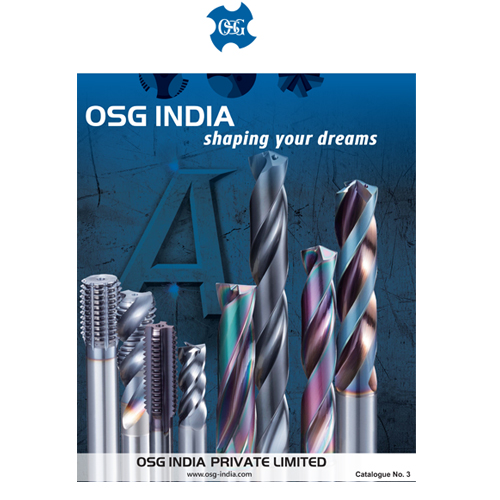
Precision Cutting Tools1
S S Trading Corporation offers a wide range of precision
cutting tools.
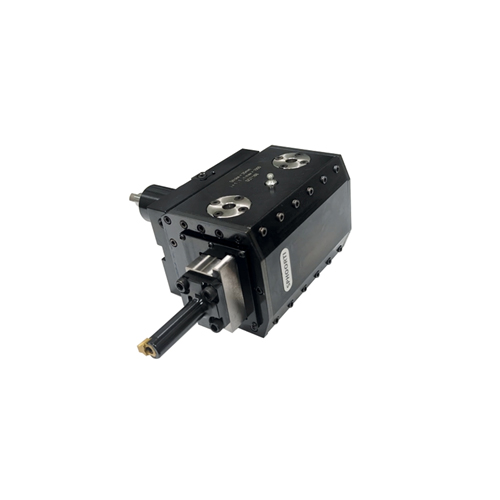
Slotting Head Unit for All Cnc Turn Mill Centers
Sphoorti Machine Tools Pvt Ltd offers a wide range of
slotting head unit for all CNC turn mill centers.
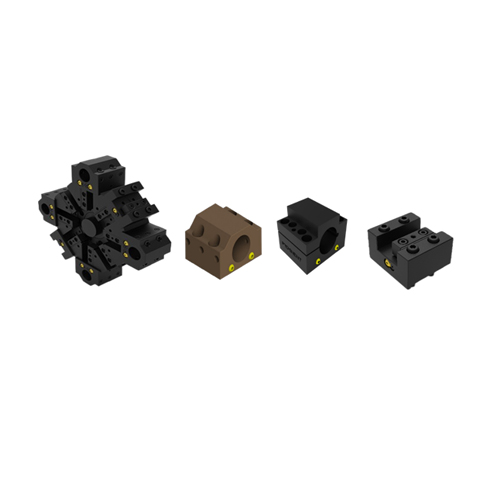
Slotted Tool Disc and Tool Holders
Prominent Machine Tools offers a wide range of slotted tool disc and tool holders.





